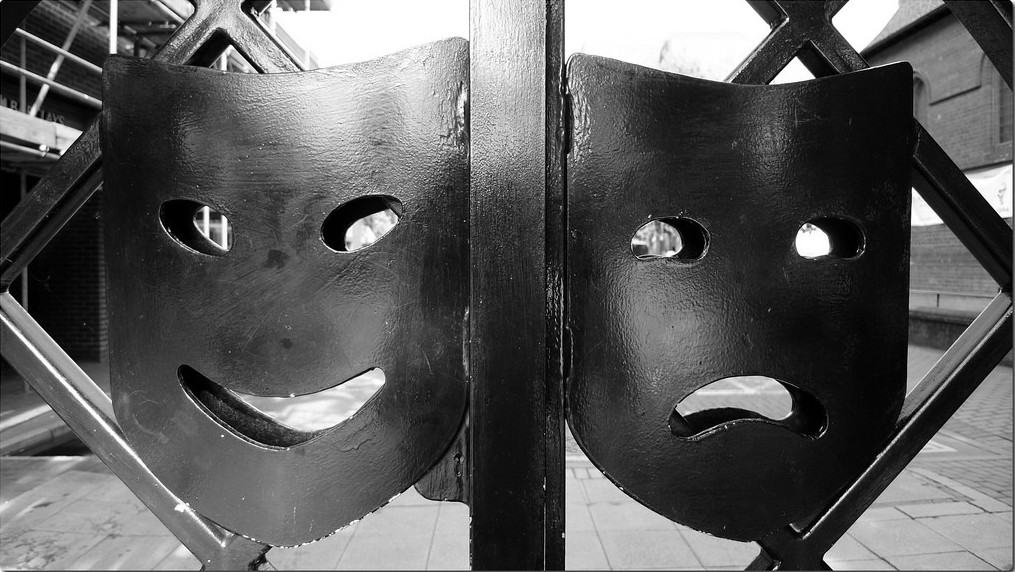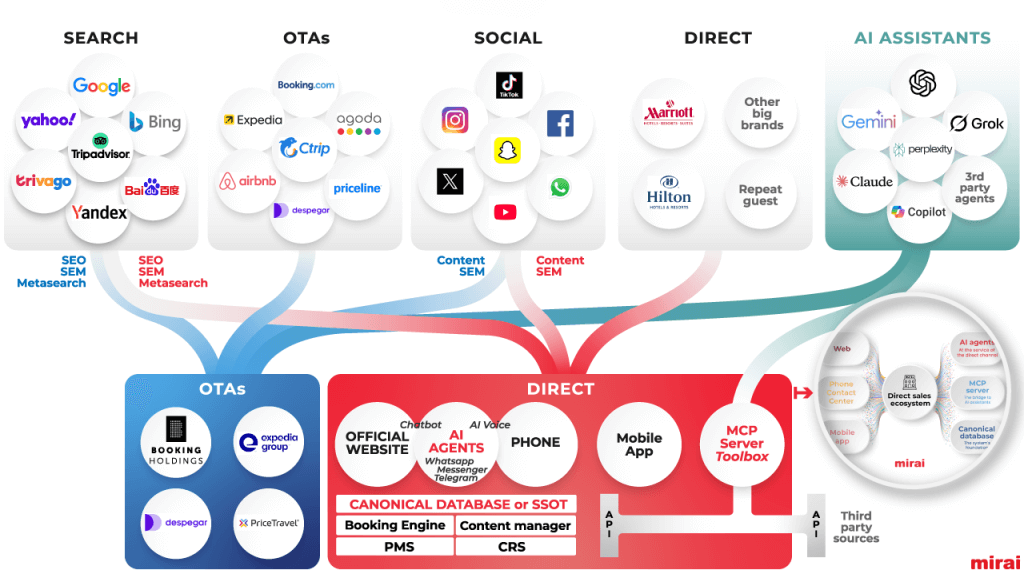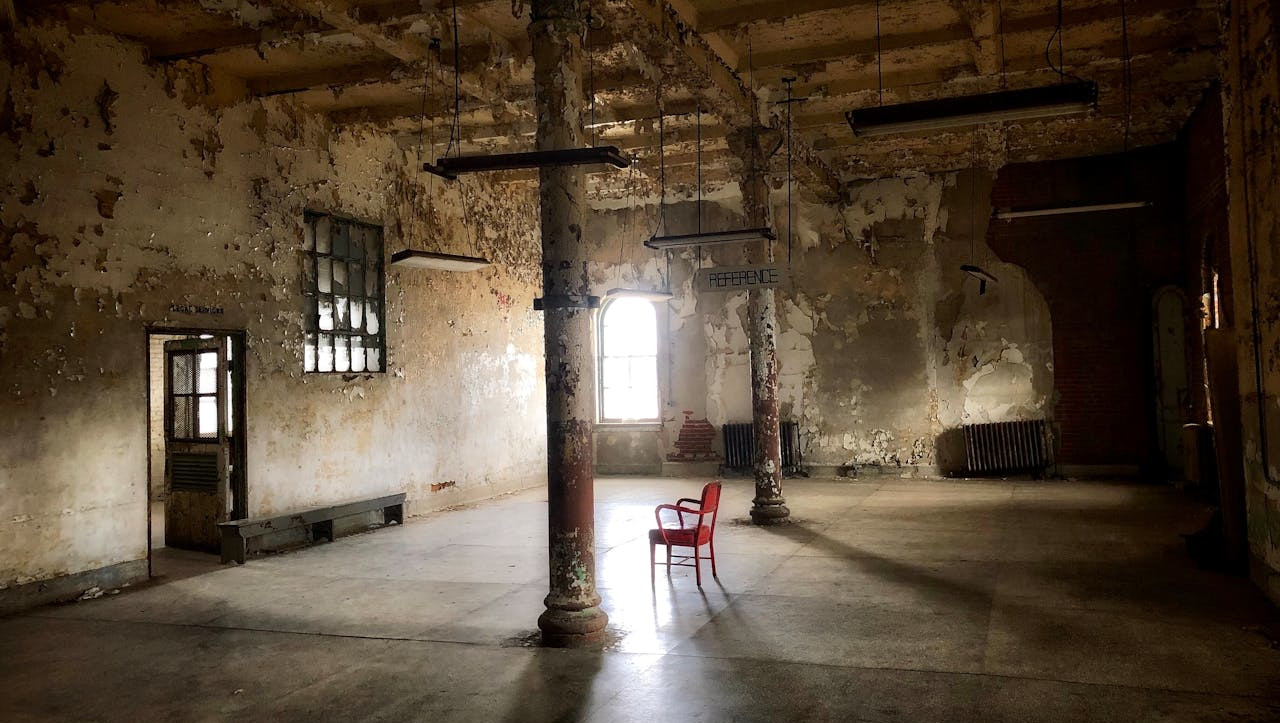Black Friday was born in the United States as a retail holiday and has since spread internationally to become a key commercial event for all sectors, including tourism.
NB: This is an article from BEONx, one of our Expert Partners
Subscribe to our weekly newsletter and stay up to date
For hotels, this event presents an interesting dichotomy: it is a powerful tool to attract new customers and fill rooms, but it can also punish and cannibalize future sales.
Impact on hotel bookings and rates
According to our analysis, the week of Black Friday (as seen in the graphs below) is one of the lowest in terms of booking prices throughout the year due to applied discounts, although the price drop is smaller than the increase in booking volume.


This growth in occupancy is more notable in vacation and urban destinations with high tourist demand, with customers booking mainly for holiday periods or summer vacations, and less pronounced in the corporate travel segment, which did not experience a significant change and showed lower sensitivity to promotions.
Additionally, there is a notable impact on last-minute bookings, as 20% of the reservations made during Black Friday were for stays within the following 15 days.
Our analysis also highlights notable differences in sales channels during Black Friday week, with more than 60% of bookings made through OTAs. This implies a greater dependence on intermediaries and lower margins for hotels.
Friend or foe?
Black Friday presents unique challenges for hoteliers, especially in terms of inventory cannibalization and seasonality. Unlike retail, where inventory can be adjusted to demand, hotels work with a fixed stock of rooms, creating competition between market segments as well as between present and future sales.
This is particularly noticeable during high-demand periods, where hotels already have high occupancy levels, and dynamic pricing tends to significantly increase rates.
It is also important to consider the particular consumer behavior in the hotel industry: while in retail the product is acquired almost immediately, in hotels, bookings made during Black Friday are often for dates far in the future. This introduces additional risks, such as cancellations or changes in demand, and limits the immediate impact of promotions on customers, who reduce their impulsivity when the experience is seen as distant in time.
On the other hand, aggressive discounts and a heavy reliance on OTAs not only affect the direct relationship with the customer but can also reduce profit margins, impacting profitability.
However, Black Friday also offers unique opportunities for hotels. The high volume of searches and bookings during this period allows hotels to gain visibility and attract new customers, especially on digital platforms. Furthermore, promotional periods have proven to be effective in curbing demand drops during low-occupancy periods.





